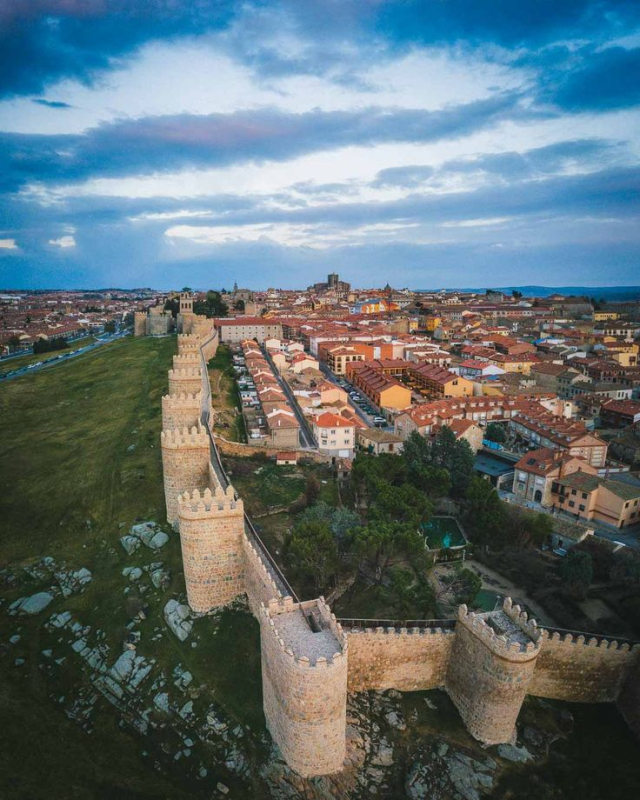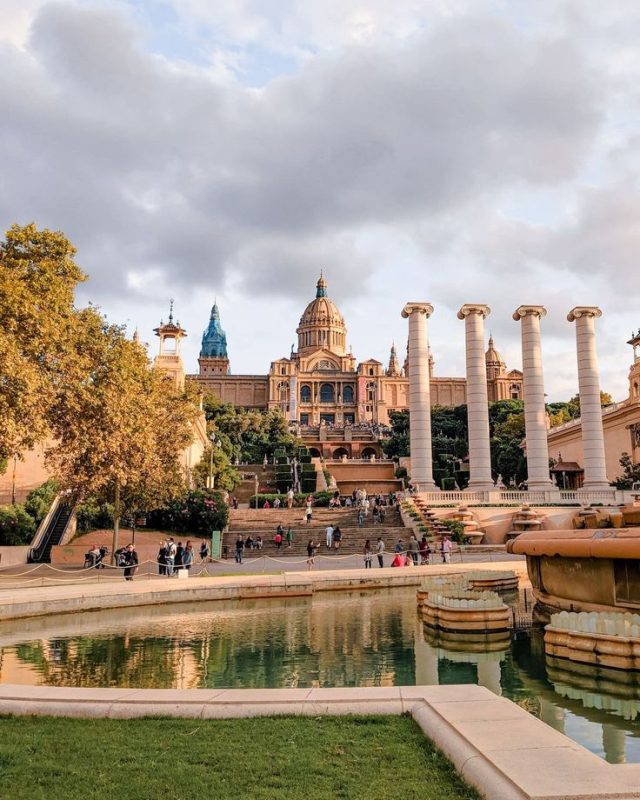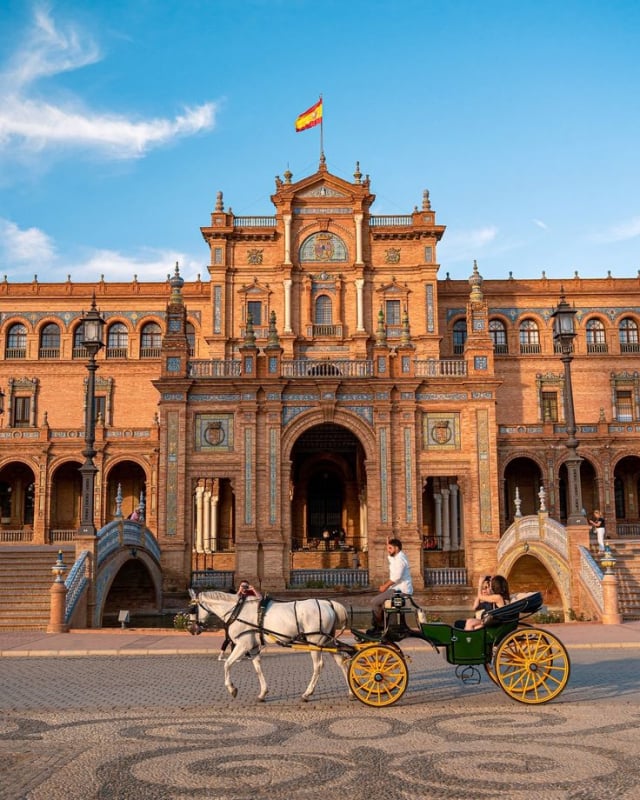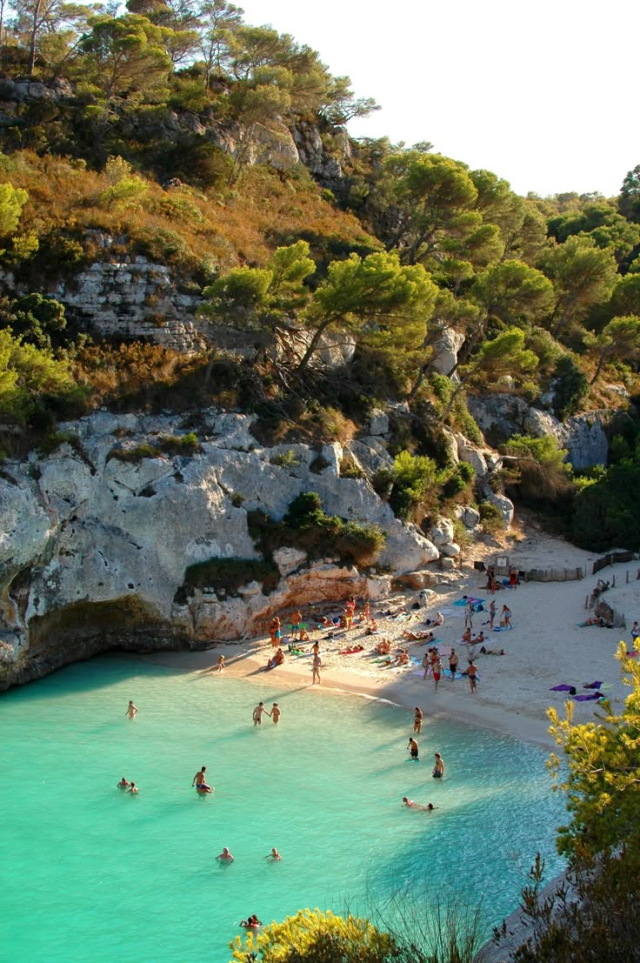Spain is one of Europe’s most captivating and diverse destinations, known for its rich history, vibrant culture, and landscapes that range from snow-capped mountains to sun-drenched beaches. For first-time travelers, the country offers an experience full of contrasts: the majesty of its Gothic cathedrals, the charm of its medieval villages, the avant-garde of its cosmopolitan cities, and the warmth of its people, who welcome visitors with open arms. However, as with any trip to a new country, planning and prior knowledge can make the difference between an average trip and an unforgettable experience.
Spain, although an accessible and tourist-friendly destination, has its own particularities that are important to take into account, especially for first-time travelers. From local customs to organizing transportation, every detail can influence how you enjoy your stay. Many visitors underestimate the country's diversity, which is reflected not only in its landscapes and gastronomy, but also in its languages and customs. With 17 autonomous communities, each with its own character, traditions, and in some cases, even its own language, discovering Spain is like visiting several countries in one.
So before embarking on this adventure, it's crucial to have some tips that will allow you to move around more easily, make the most of your time, and, above all, immerse yourself in Spanish life in an authentic way. Aspects such as time zones, regional differences, or even the small peculiarities of daily life can surprise travelers who are not familiar with the Spanish way of life. From the slow pace of the siesta to the passion for nightlife, the Spanish experience has its own tempo, and knowing it will allow you to enjoy your trip much more.
You may also be interested in: The best destinations to visit at the end of the year
Tips for traveling to Spain for the first time

1. Documentation in order
Before you travel, make sure you have all the necessary documentation to enter Spain. EU citizens only need their ID, but if you are coming from another country, you may need a passport and, in some cases, a visa. Find out about the requirements depending on your nationality and make sure your passport is valid for at least six months from your arrival date.
2. Get to know Spanish customs and schedules
Spain has a very strict culture when it comes to time. Meals, for example, tend to be eaten later than in other countries. Lunch is served between 2 and 3 pm, while dinner can be as early as 9 pm. Adapting to this rhythm can save you frustration and allow you to enjoy authentic local life. Also, in many small towns, the famous "siesta" is still a tradition, meaning that many shops close between 2 and 5 pm.
3. Choose your itinerary well
Spain is a diverse country, with regions that vary greatly in terms of landscape, climate and culture. If you are short on time, it is advisable to prioritise the destinations that interest you the most. Large cities such as Madrid, Barcelona, Seville or Valencia offer a mix of history, art and modernity. If you prefer something a little more peaceful, you can explore the natural beauty of regions such as Galicia or the Pyrenees, or enjoy the beaches of the Costa del Sol or the Balearic Islands. 
You may also be interested in: Nightlife plans in Ibiza
4. Efficient public transportation
Transport in Spain is very efficient and varied. In large cities, such as Madrid and Barcelona, the metro is the best option for getting around. There are also high-speed trains (AVE) that connect the country's main cities in just a few hours. Buying your train tickets in advance will allow you to save money and secure a place, especially in high season. In addition, you can use buses or even rent a car if you plan to visit rural areas.
5. Don't underestimate the language
Although you will find English speakers in many tourist areas, especially in larger cities and coastal areas, learning some basic Spanish phrases will be very useful. Spaniards really appreciate it when visitors make an effort to speak their language, and it can make a big difference in the quality of your interactions. Phrases like “please,” “thank you,” and “can you help me?” will open many doors for you.
6. Enjoy the local cuisine
Food is an essential part of the Spanish experience. From tapas to traditional dishes like paella, Iberian ham, or gazpacho, every region has something special to offer. Don't be afraid to venture into local markets or tapas bars where the locals eat. Also, remember that meal times are different; dinner is later, and tapas are often the best option to share and try several dishes. 
You may also be interested in: Beaches in Palma de Mallorca
7. Explore outside the tourist areas
Although the most famous destinations such as the Sagrada Familia in Barcelona or the Prado Museum in Madrid are must-see destinations, Spain is also full of less touristy, but equally fascinating corners. Medieval towns such as Ronda or Besalú, the mountainous landscapes of the Picos de Europa, or the hidden coves of the Canary Islands are just some of the hidden gems that you can discover if you dare to get off the beaten track.
8. Take the weather into account
Spain has a wide variety of climates, so it's important to consider the time of year you're traveling and the region you plan to visit. Summer can be extremely hot, especially in cities like Seville or Cordoba, while the north of the country tends to be cooler. If you're traveling in winter, some areas, like the Pyrenees, are ideal for snow sports, while the Canary Islands have pleasant weather all year round.
9. Be careful with tips
Unlike in other countries, tipping is not mandatory in Spain, although it is always welcome if you have received good service. In restaurants, it is common to leave between 5% and 10% of the total if the service has been exceptional, but don't worry if you decide not to tip in bars or cafes, as it is not a cultural expectation.
You may also be interested in: What to do in Barcelona?
10. Connect to culture
Spain is a country that lives its cultural traditions intensely. Participating in local festivals, such as the April Fair in Seville or La Tomatina in Buñol, can be an incredible way to connect with Spanish culture. Find out about events taking place during your stay and try to attend to experience the authentic spirit of celebration and community that characterizes the Spanish people.
We invite you to take a look at other articles at: https://yate.co/en/blog



